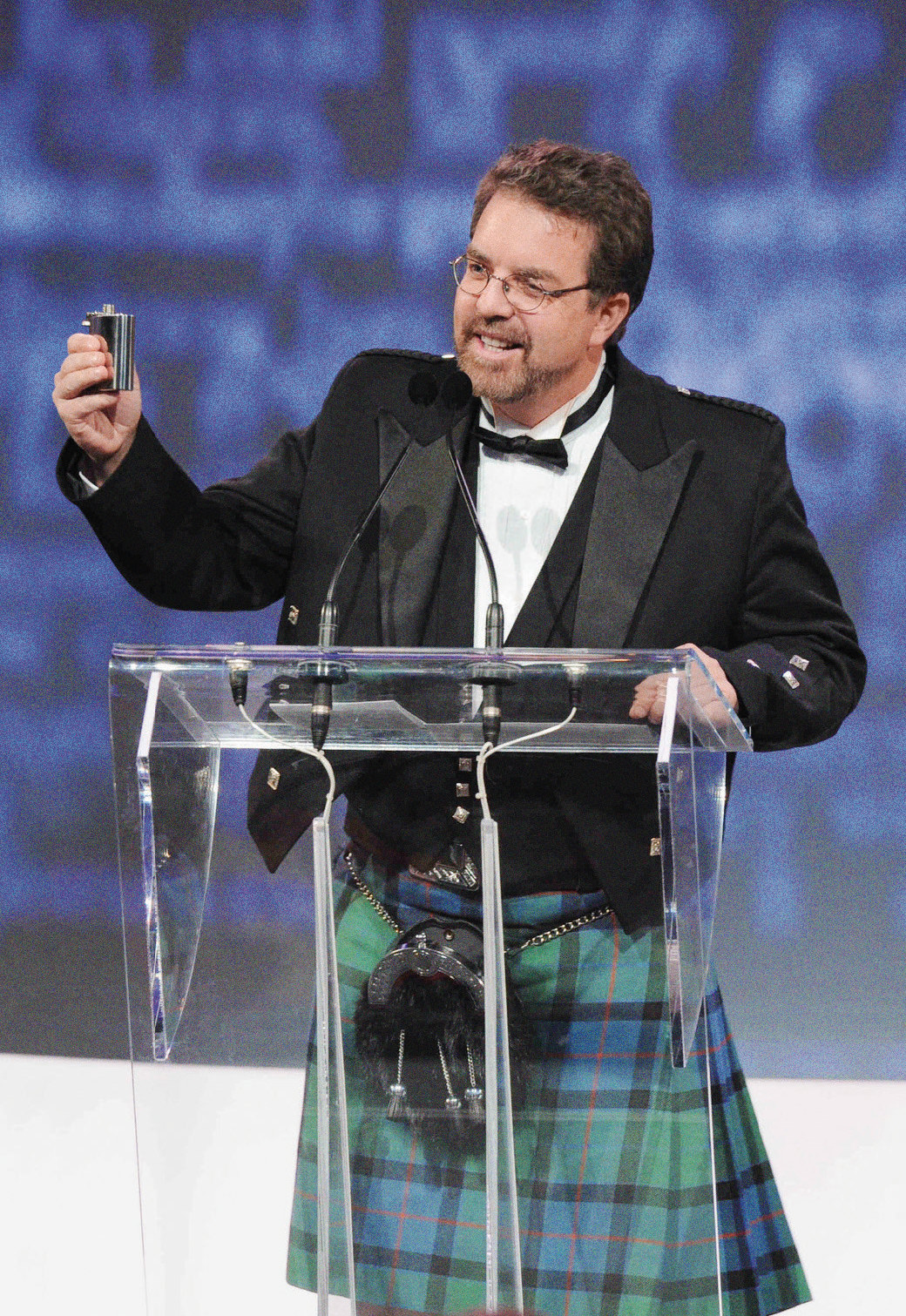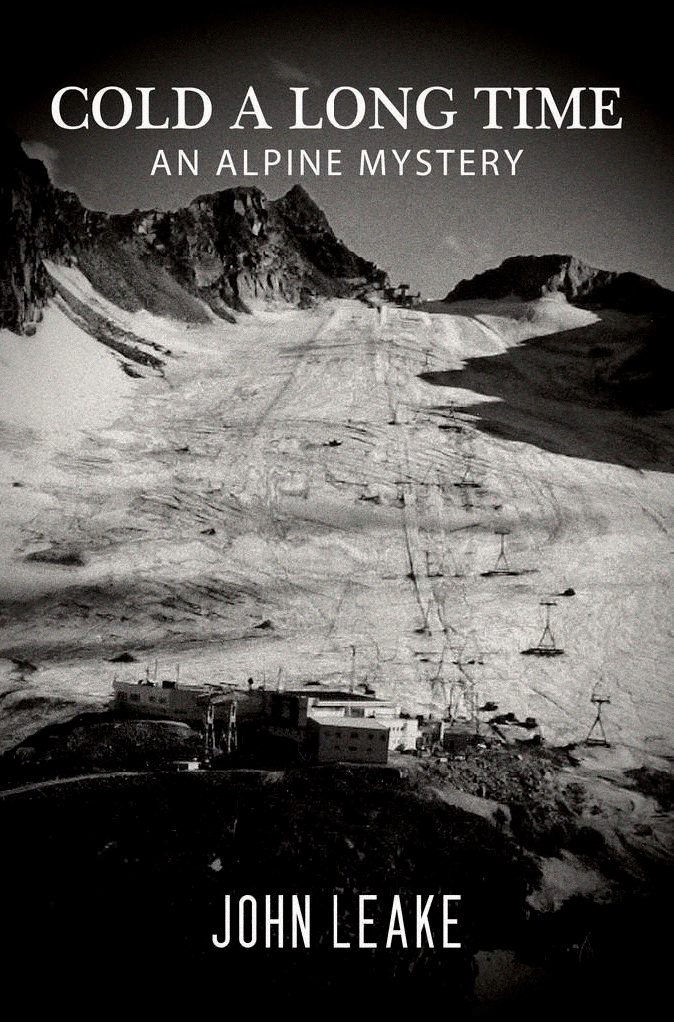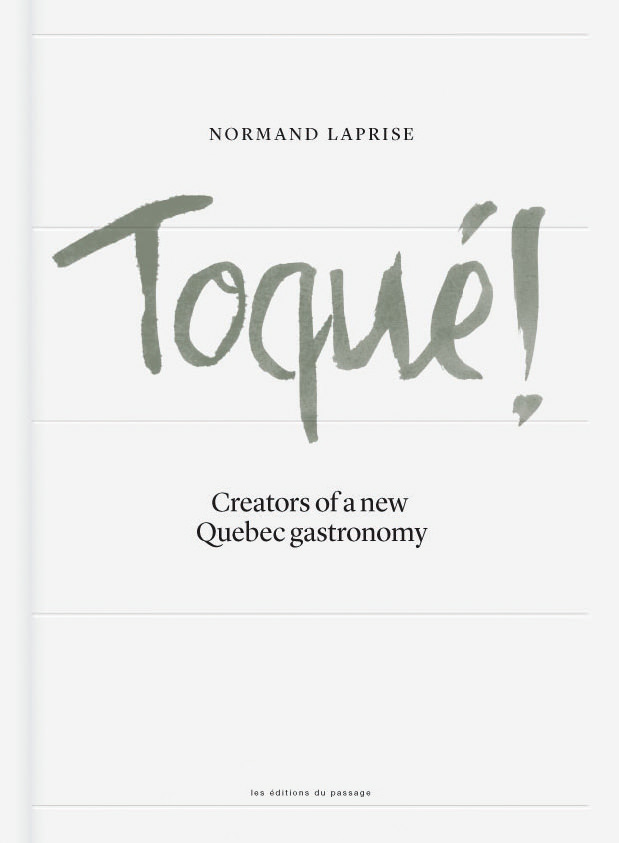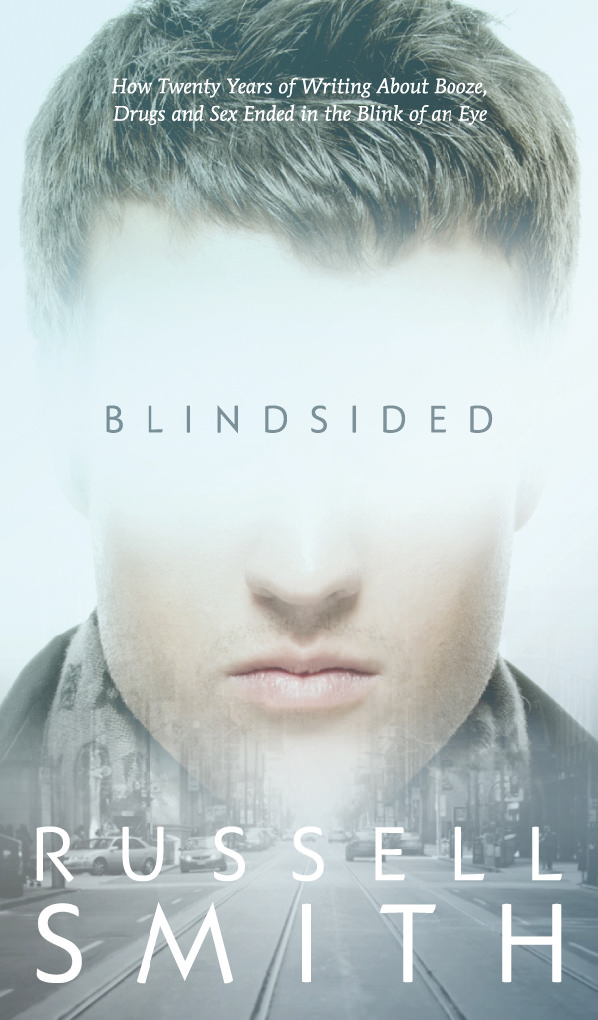The Rise of the Celebrity Book Club
Turning a new page.

Illustration by Tatyana Ehrenberger
These days, it feels like celebrity book clubs are as abundant as celebrity podcasts. There are the juggernauts: Oprah Winfrey, Reese Witherspoon, and the Today show’s Jenna Bush Hager (Read With Jenna), who leverage their A-list celebrity status and multimillion film and TV audiences. Since the mid-2010s, Emma Watson (Our Shared Shelf) and Emma Roberts (Belletrist) have headed up smaller groups. More recently, there’s been another influx of book clubs from celebrities like Dua Lipa (Service95), Dakota Johnson (TeaTime Book Club), and Kaia Gerber (Library Science).
Writer Sophie Vershbow spent six months investigating contemporary celebrity book clubs. In her feature for Esquire, “How Celebrity Book Clubs Actually Work,” she reveals why they’re such an integral part of the contemporary literary landscape. Vershbow worked for Simon Schuster and Penguin Random House for about 10 years combined, during the advent of the celebrity book club, “no one really knew how they worked. We were all curious,” says Vershbow.
While uncovering the mechanics behind these clubs, Vershbow confirmed that, yes, these celebrities really are reading their picks.
“I was not surprised to find out there’s not even a whiff of ‘these people don’t read. This is a vanity project.’ That doesn’t surprise me one bit,” Vershbow says. “Logically, why would you do that? It’s a lot of work, and you could get paid so much more doing any endorsement deal, rather than taking your time and energy to promote books and the love of reading.”
To measure whether their literary passion translated into readership, Vershbow determined what percentage of a club’s picks made The New York Times bestseller list. She discovered that 70 per cent of Bush Hager and Witherspoon’s picks charted. Oprah Winfrey boasts an even higher success rate.
That impressive influence isn’t due to smart curation or parasocial star power alone. Equally important is consistency. “All of the clubs brought up trust and, like, reliability is a big part of this. Like we’re saying, ‘We’re in this community with you. You can rely on this every month,'” Vershbow says. She points out that book club members know what to expect, whether that’s Today show segments or reading guides or social posts. “I just think about book clubs in my real life I’ve been part of, consistency is what kills every single one of them.”
If celebrity book clubs require so much time and passion, why do they seem so abundant? What’s the payoff? While less quantifiable than a sponsorship deal, attention is not necessarily less valuable.
One thing these celebrity book clubs offer their namesakes is consistent engagement. As the veil between “influencers” and “celebrities” grows ever-thinner, book clubs provide a monthly point of connection to their audiences.
In an interview with Bustle, Dakota Johnson is candid about Instagram: it mystifies her. Her book club, run out of her production company TeaTime pictures, thus doubles as a way for her to stay in social media’s spotlight and to maintain an audience for her films.
Johnson, Witherspoon, Emma Roberts, and Dua Lipa all run their book clubs out of their respective production or larger editorial companies. Speaking with The New York Times, Witherspoon attributes the genesis of her book club to personal frustrations. When she reached her mid-30s, scripts with dynamic female roles were scarce. She turned to the literary world to find the stories Hollywood wasn’t providing. Building off the success of Wild, Gone Girl, and Big Little Lies, Reese’s production company, Hello Sunshine, has gone on to create a small empire of successful adaptations. Daisy Jones & the Six, Where the Crawdads Sing, and Little Fires Everywhere were all Reese’s Book Club picks before they were Hello Sunshine pictures. While Vershbow confirms selling the book’s adaptation rights is not a prerequisite to being a celebrity book club pick, Bustle describes TeaTime’s book club as an extension of “the work [Johnson] does hunting for IP.” Adaptations are a feature, not a fluke.
Not every Reese’s pick becomes a multimillion blockbuster, but all of them do further an audience for a certain type of story. Her NYT bestsellers streak is proof—especially to silver screen investors—that there’s an active market for female-led thrillers and suburban dramas, for example. A market that, as Reese’s frustrations evince, was previously overlooked. (This may, in part, explain why every notable celebrity book club is female-led. Perhaps male celebrities aren’t facing the same scarcity of complex roles.)
As traditional book coverage shrinks, the celebrity book club fills an editorial void. Broad cultural taste is consolidating around celebrity producers rather than critics. This isn’t necessarily a bad thing. After all, one would expect Hollywood storytellers to have opinions about literature, just like everybody else. At the end of the day, a good book is a good book—whoever recommends it.




